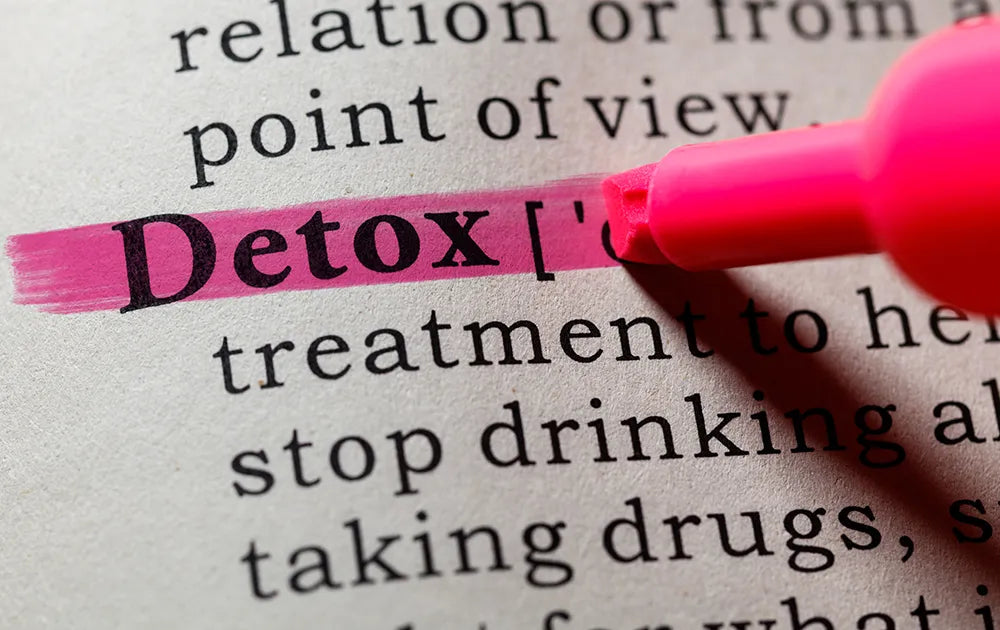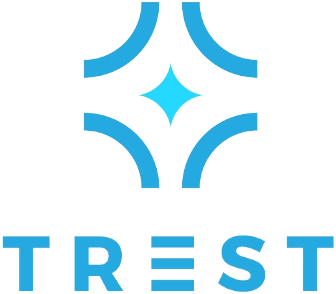
Spring Detox: How to Support Your Body's Natural Cleansing Processes
Share
As the season transitions from winter to spring, it's the perfect time to reset and refresh. Spring is synonymous with renewal, growth, and fresh beginnings—and it's an ideal opportunity to support your body’s natural detox processes. Just as you spring clean your home, your body deserves the same attention, especially after the sluggish, colder months. Supporting your body’s detoxification processes can lead to better health, improved energy levels, and enhanced bladder wellness for those managing incontinence.
Detoxing doesn’t necessarily mean drastic measures like juice cleanses or fasting. Instead, it’s about supporting the natural mechanisms your body uses to eliminate toxins—through hydration, diet, exercise, and self-care. If you’re managing adult incontinence, focusing on bladder health while detoxing can help you feel more confident and comfortable. In this guide, we’ll break down effective ways to support your body’s detox process this spring.
1. Hydration: The Foundation of Detoxification
One of the most important aspects of detoxification is staying hydrated. Water helps your kidneys filter out toxins and plays a significant role in flushing waste from the body through urine. Inadequate hydration can lead to concentrated urine, which may irritate the bladder and worsen symptoms of incontinence. Proper hydration ensures that your bladder is functioning optimally, helping you manage urinary frequency and urgency more effectively.
Tips for Staying Hydrated:
-
Drink Water Throughout the Day: Instead of gulping large amounts of water all at once, sip water consistently throughout the day to maintain hydration levels without overwhelming your bladder.
-
Use Hydration Reminders: Set reminders on your phone or use a water-tracking app to ensure you’re drinking enough water each day.
-
Avoid Irritants: Some beverages, like coffee, soda, and alcohol, can irritate the bladder. These are best enjoyed in moderation or avoided, especially when you’re focusing on hydration.
-
Hydration and Bladder Health: Drinking water helps keep your urine dilute and reduces the risk of irritation. If you’re experiencing bladder leaks or discomfort, hydrating well may help alleviate some symptoms.
2. Bladder-Friendly Diet for Detoxing
A well-balanced diet is essential not only for detoxification but also for managing bladder health. Certain foods can irritate the bladder, while others promote overall urinary tract health. By focusing on bladder-friendly foods, you can enhance your body's detox process and also improve bladder control.
Foods to Include for Detox and Bladder Wellness:
-
Fiber-Rich Foods: Foods like fruits, vegetables, whole grains, and legumes promote regular bowel movements. This is particularly helpful for bladder health, as constipation can place pressure on the bladder and worsen incontinence symptoms.
-
Antioxidant-Rich Foods: Blueberries, leafy greens, and other antioxidant-rich foods help fight free radicals, supporting overall health and boosting the body’s ability to detoxify naturally.
-
Magnesium-Rich Foods: Magnesium plays a role in muscle function, including bladder muscle health. Foods like bananas, almonds, and spinach help support this vital nutrient.
-
Lean Proteins: Fish, chicken, tofu, and other lean proteins are gentle on the bladder while providing the nutrients needed to support detoxification.
Foods to Avoid:
-
Spicy Foods: Hot peppers, spicy curries, and acidic foods like citrus fruits and tomatoes can irritate the bladder. For some individuals, avoiding these foods can help reduce bladder urgency and leakage.
-
Caffeinated Drinks: Coffee, tea, and energy drinks act as diuretics, increasing urine production. For those managing incontinence, reducing caffeine intake can help reduce the frequency of bathroom trips and avoid irritating the bladder.
-
Artificial Sweeteners: These can contribute to bladder sensitivity and may increase urinary urgency.
3. Exercise: Supporting Detoxification and Bladder Health
Physical activity is another essential component of a spring detox. Exercise boosts circulation, helping the body eliminate toxins more efficiently. It also supports muscle strength, including the muscles of the pelvic floor, which are critical for managing incontinence. Regular exercise can improve bladder control, reduce leaks, and support overall health.
Tips for Exercise and Detoxification:
-
Moderate Exercise: Walking, yoga, or light jogging can help stimulate your lymphatic system and enhance detoxification. Exercise also improves blood flow, aiding in the efficient transport of toxins to be eliminated.
-
Pelvic Floor Exercises: Strengthening the pelvic floor muscles through exercises like Kegels can help you regain better control over your bladder. These exercises are particularly beneficial for those with urinary incontinence, as they help prevent leaks and increase bladder control.
-
Stretching: Gentle stretching or yoga can help relax the body and support detox by promoting better circulation and reducing muscle tension. Consider stretching before or after workouts to enhance the detox process.
4. Sleep: Your Body’s Detox Time
Sleep is essential for overall health and detoxification. During sleep, your body regenerates, repairs, and eliminates waste products. Getting sufficient, high-quality sleep also helps regulate your bladder and reduce nighttime urinary frequency. For those with nocturnal incontinence, establishing a healthy sleep routine is a crucial aspect of managing bladder health.
Tips for a Better Night's Sleep:
-
Create a Calming Routine: Engage in relaxing activities before bed, such as reading, light stretching, or deep breathing exercises. These activities can help reduce stress and anxiety, leading to better quality sleep.
-
Reduce Nighttime Bathroom Trips: Limit fluid intake a couple of hours before bedtime to prevent nighttime bladder urges. Additionally, using high-absorbency incontinence products, such as TREST adult diapers, can help prevent leaks during the night and improve sleep quality.
-
Set a Sleep Schedule: Aim for a consistent sleep schedule, going to bed and waking up at the same time each day. This supports your body’s natural circadian rhythm, helping to improve detoxification processes.
5. Skin Care: Supporting Detox from the Outside In
Your skin is the body’s largest organ and plays a significant role in detoxification. It eliminates toxins through sweat and helps maintain overall health. Focusing on skin care during your spring detox ensures that your body’s natural detox pathways are functioning optimally.
Skin Care Tips for Detoxification:
-
Exfoliate: Exfoliating your skin helps remove dead skin cells and promotes circulation. Using natural exfoliants, like sugar or salt scrubs, can enhance the detox process by helping the skin eliminate toxins.
-
Hydrate the Skin: Using moisturizers and hydrating your skin from the inside (by drinking plenty of water) supports detoxification and prevents dryness, particularly after exfoliation.
-
Gentle Skin Care: Use natural, fragrance-free skin care products to avoid irritating the skin, especially for those with sensitive skin or incontinence-related skin issues.
6. Managing Seasonal Allergies Without Affecting Bladder Health
Spring can bring on seasonal allergies, and many allergy medications, such as antihistamines and decongestants, can worsen urinary incontinence by relaxing bladder muscles or causing urinary retention. To support both your allergies and bladder health, consider alternatives.
Alternatives for Allergy Relief:
-
Saline Nasal Sprays: These can clear congestion without affecting bladder function.
-
Non-Drowsy Antihistamines: Some over-the-counter antihistamines are less likely to affect your bladder and urinary function.
-
Stay Hydrated: Drinking water not only helps with hydration but also helps thin mucus, making it easier to clear out and reducing the need for stronger allergy medications.
Conclusion: Spring Into Health with a Detox
Spring is a time of renewal, and it’s an excellent opportunity to support your body’s detoxification processes. By focusing on hydration, nutrition, exercise, sleep, and skin care, you can enhance your body’s natural detoxification mechanisms and improve your overall health. For those managing incontinence, paying attention to bladder health during your spring detox can reduce symptoms and improve your quality of life.
Investing in high-quality incontinence products, such as TREST, can make a significant difference in supporting your health this season. Whether you need discreet daily briefs or absorbent overnight protection, TREST offers products designed to improve comfort and confidence. By supporting your body’s natural cleansing processes and incorporating bladder-friendly habits, you can feel refreshed, rejuvenated, and in control as you embrace the new season.
